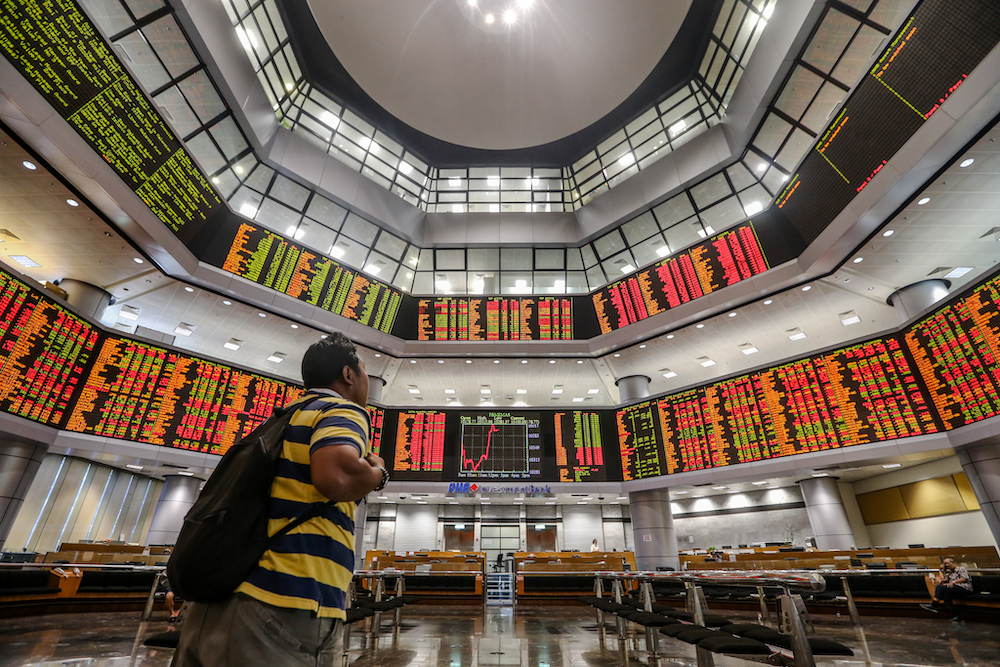AT A glance, the several capital market enhancing initiatives – including reduction in stamp duty for shares traded on Bursa Malaysia from 0.15% to 0.10% subject to a maximum cap of RM1,000/contract effective July 23 – is expected to rejuvenate retail participation in the local bourse.
Hong Leong Investment Bank (HLIB) Research views the initiatives as positive given (i) lower stamp duty could rejuvenate retail participation, (ii) widening the investor base may aid domestic institutional ADV (average daily trading volume); and (iii) a faster initial public offering (IPO) process would bring a wider array of stock choices for investors.
“Assuming a hypothetical brokerage rate of 10 basis points (bp), we estimate that the proposed stamp duty cut from 0.15% to 0.10% will result in -17.9% decrease in trading cost for trade sizes up to RM667,000,” projected head of research Jeremy Goh in a market strategy note.
“The effect of the percentage reduction in trading cost starts to diminish for trade sizes exceeding RM667,000 and completely eliminates at a trade size of RM1 mil (because the RM1,000 cap would be hit at this trade size under both regimes, hence yielding no difference).
“As such, we reckon that retail investors are likely to be the main beneficiaries of this proposed stamp duty cut since their trade sizes are mostly below RM1 mil.”
Aside from stamp duty, Prime Minister Datuk Seri Anwar Ibrahim who is also the Finance Minister also announced efforts to:
- Widen investor base: (i) By facilitating and attracting the setting up of family offices in Malaysia; (ii) promoting corporate venturing to drive greater DDI (domestic direct investment); and (iii) widening the definition of sophisticated investors, including angel investors, venture capitalists (VCs) and private equities (PEs); and
- Reduce market friction: The Securities Commission Malaysia (SC) and Bursa to implement reforms this year to make it easier and faster to list on the latter by expediting the IPO process and reduce time-to-market.
To recap, the stamp duty structure was last changed in January 2022 involving an increase in rate from 0.10% to 0.15% and cap from RM200 to RM1,000 but partially offset by removal of sales and service tax (SST) on brokerage.
This move, alongside dissipating “retail trading euphoria” caused retail ADV (and market share) to decrease from RM1.6 bil/RM1.3 bil (37.4%/37.2%) in 2020/2021 to RM547 mil (26.4%) in 2022 (YTD 2023: RM554 mil; +27.8%).
Against such backdrop, HLIB Research has maintained its FBM KLCI target at 1,500 and “hold” rating on Bursa Malaysia Bhd.
“We see Bursa (target price: RM6.09) as the main beneficiary from the said initiatives – however we aren’t jumping the gun as yet given that the ADV impact is still fluid,” added the research house. – June 20, 2023









